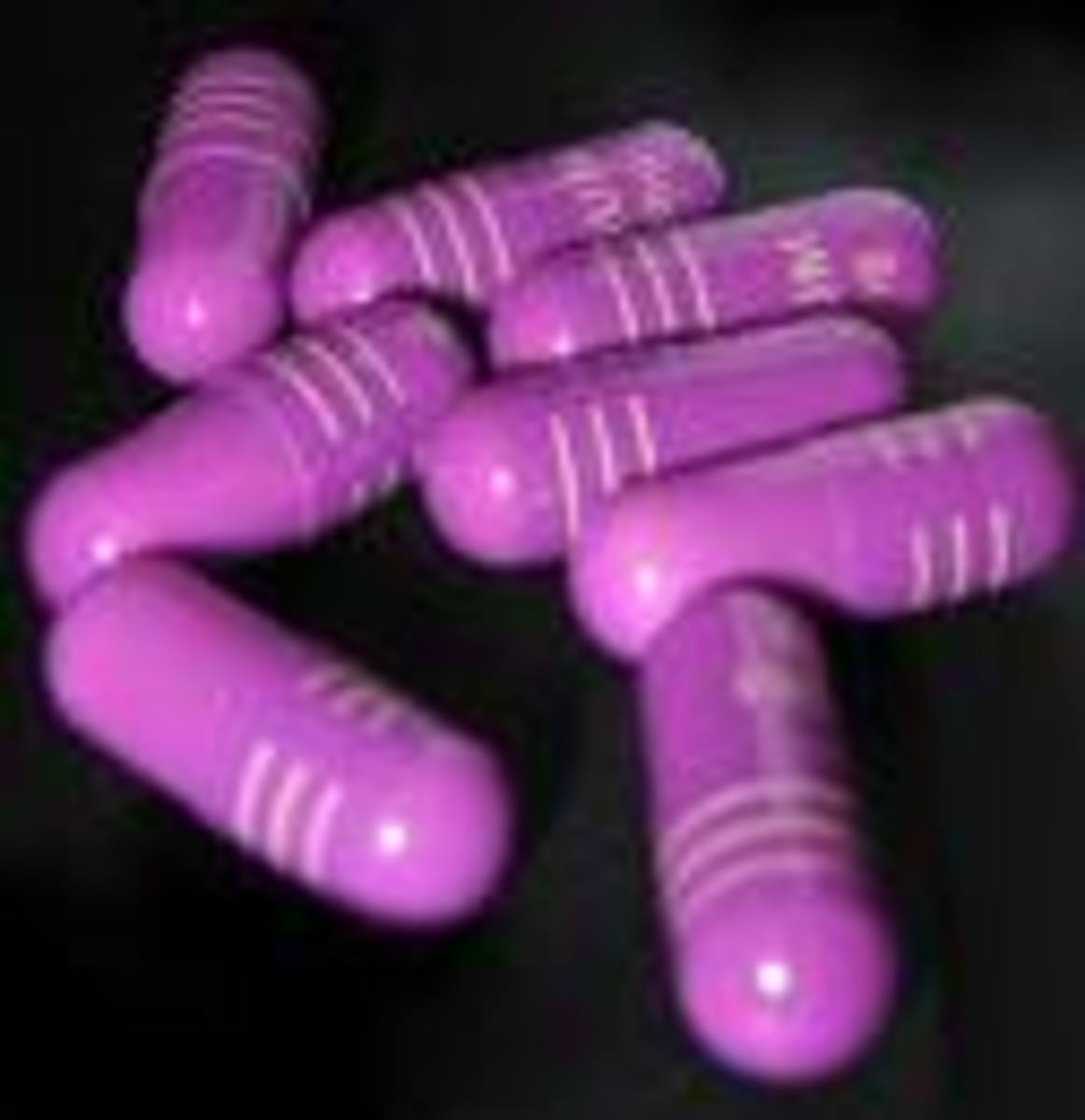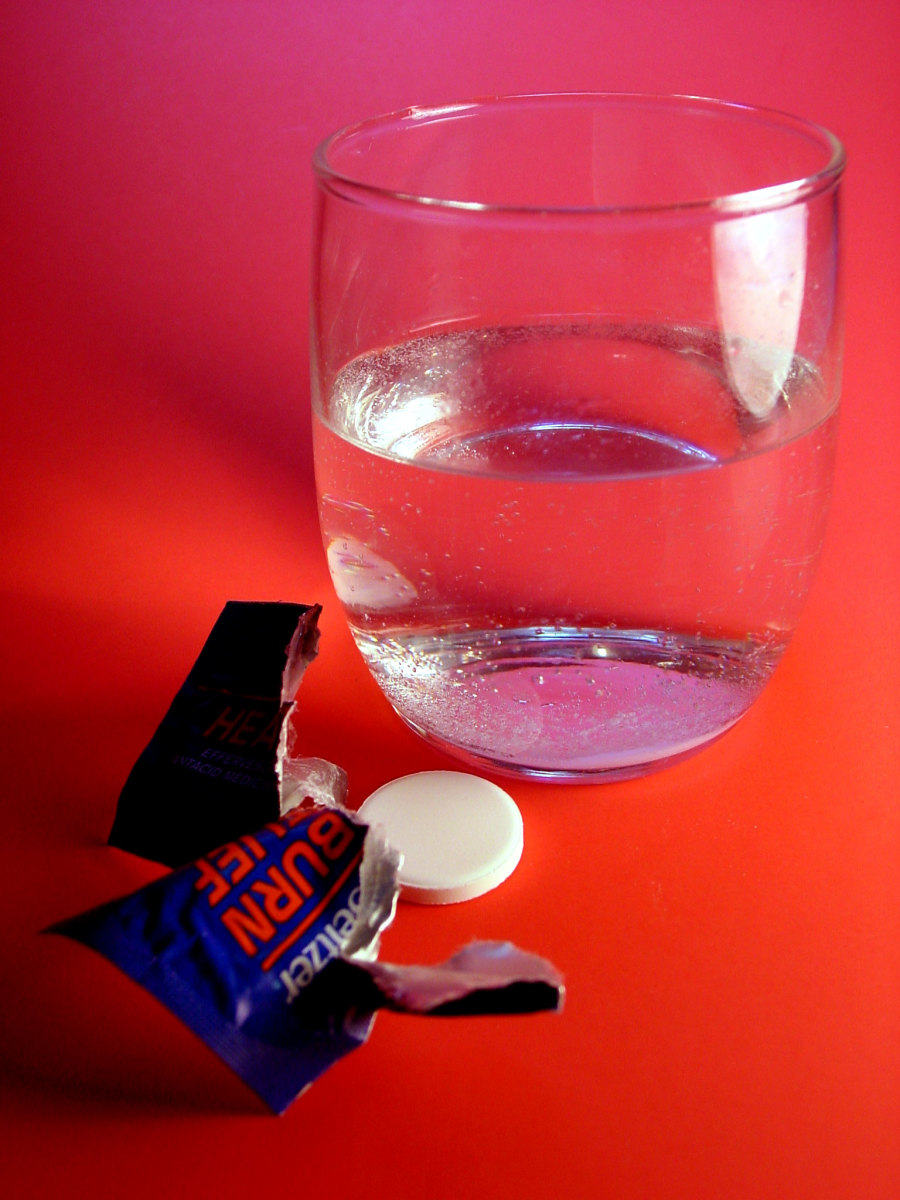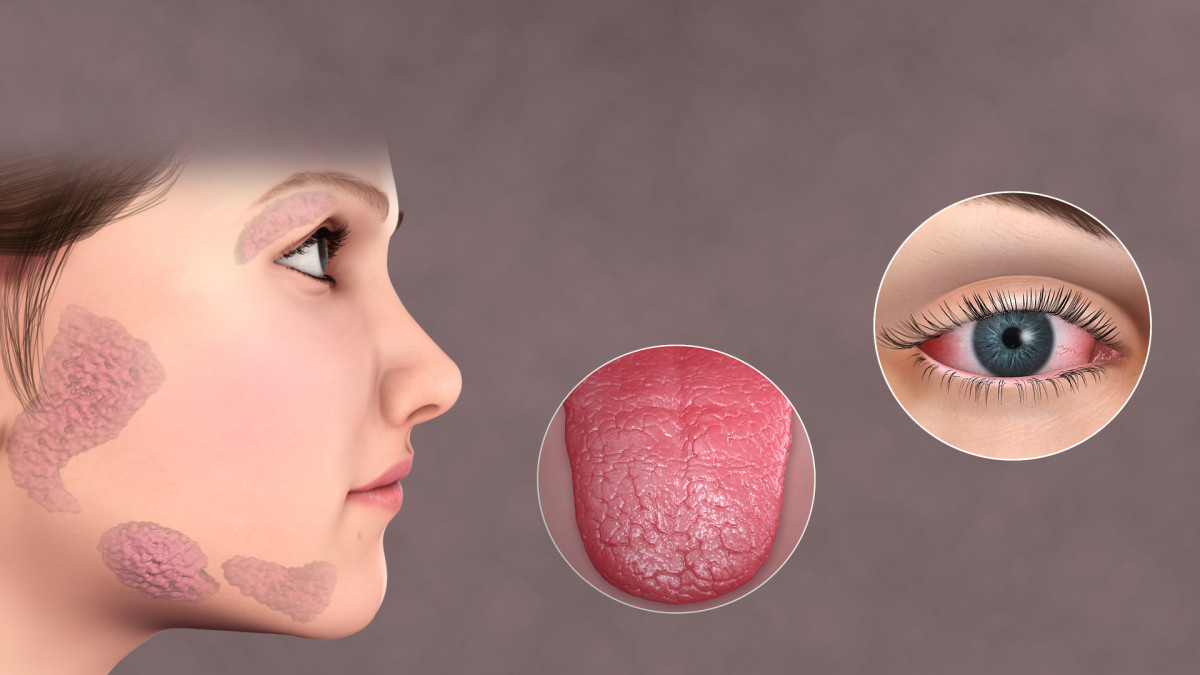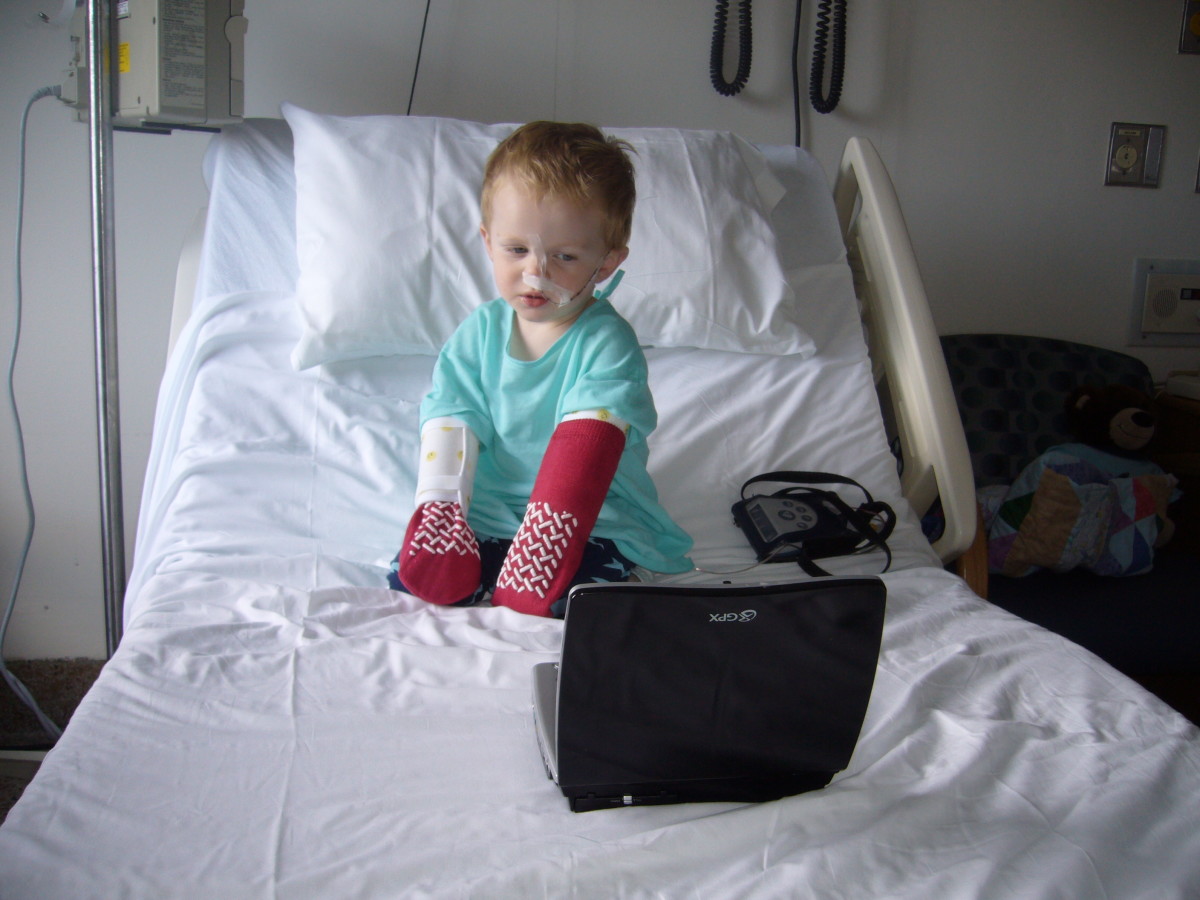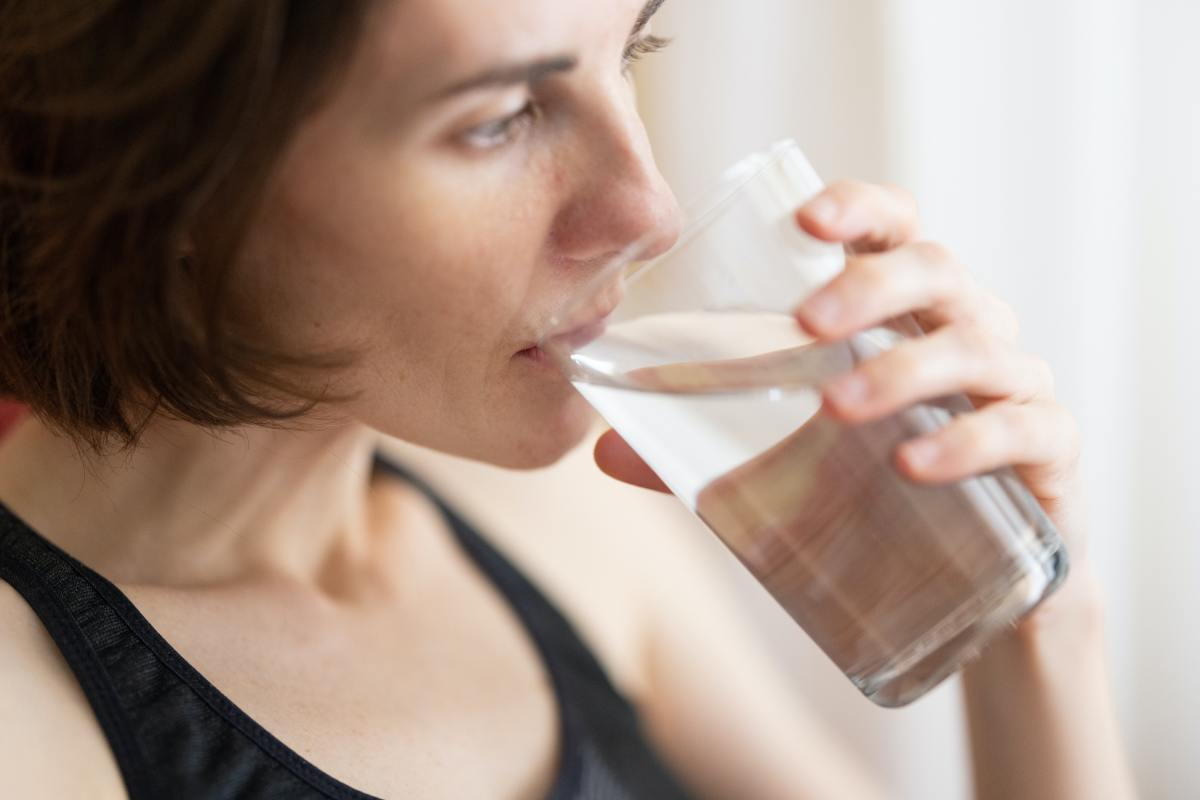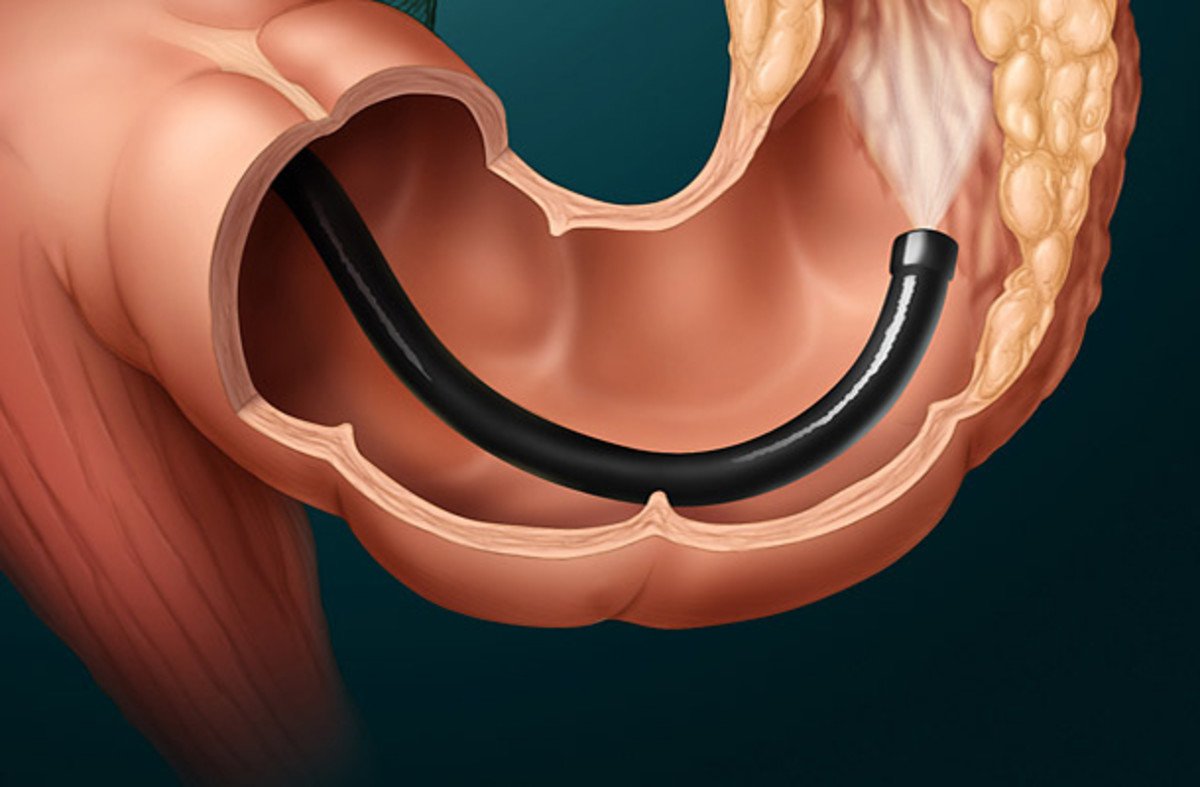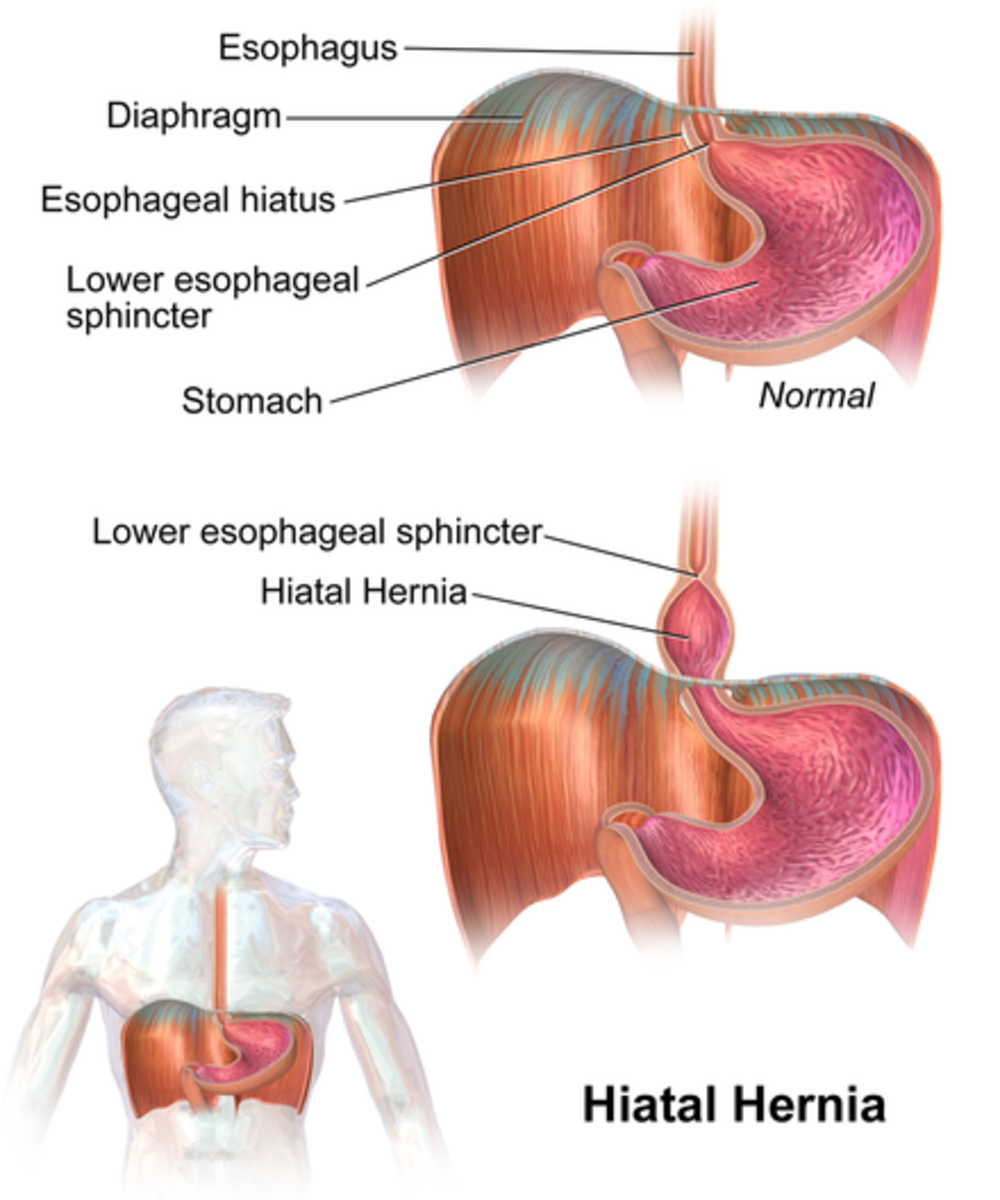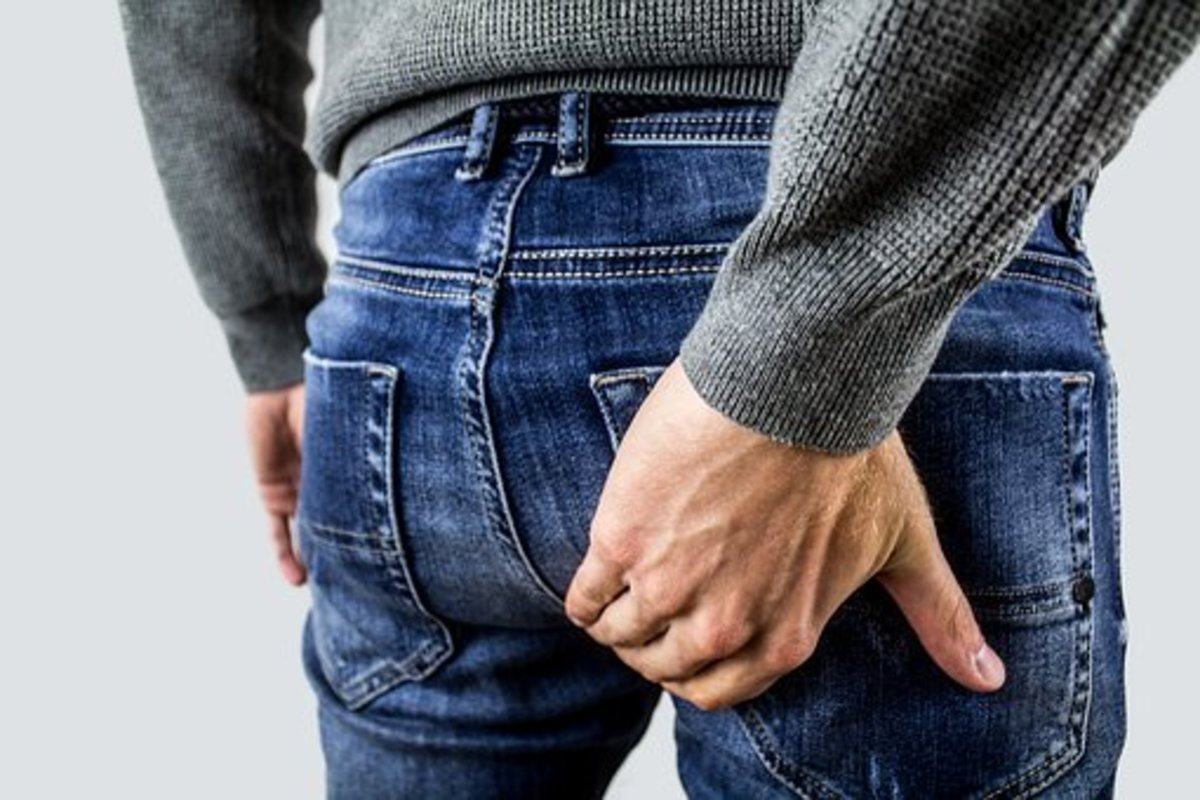PPI DRUGS are like terrorists hiding in plain sight
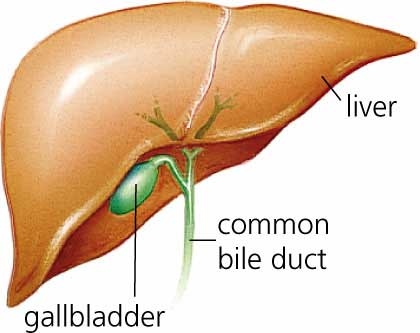
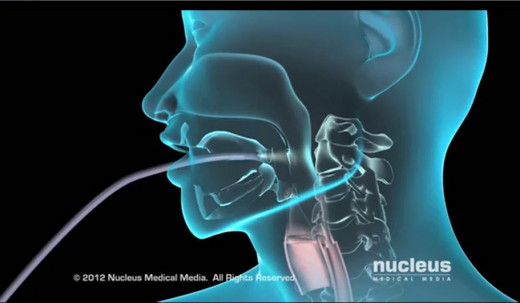
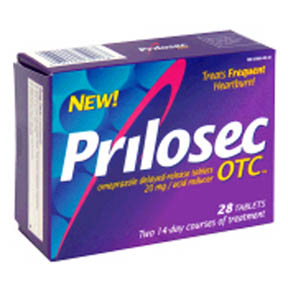
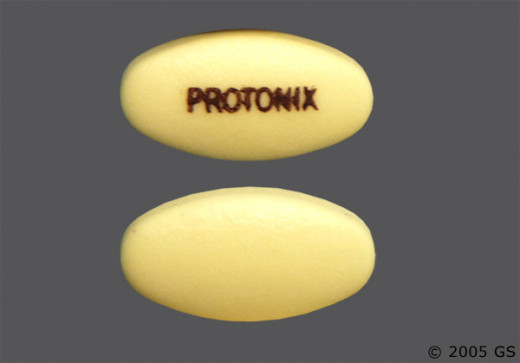
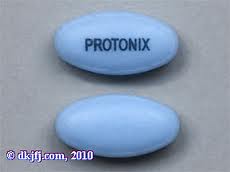
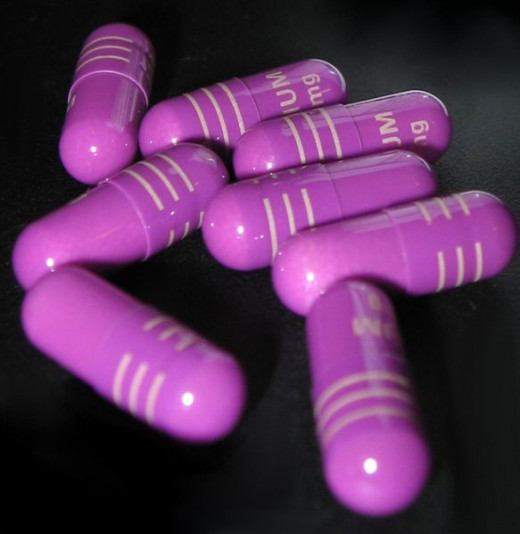
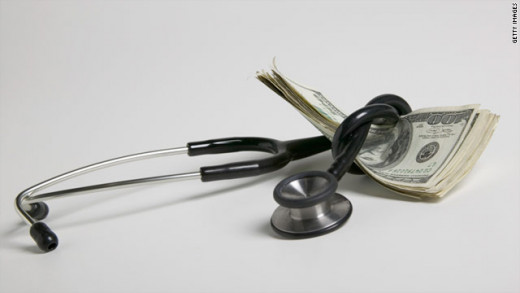
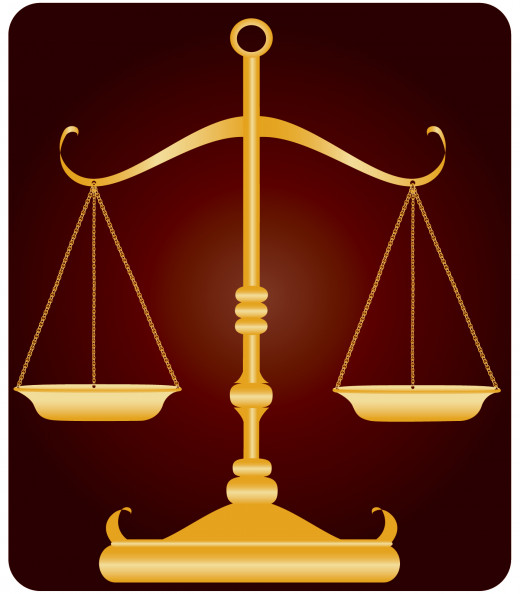
The Gallbladder, its function as a G.I. organ, and why it can fail and THE DANGERS of PROTON PUMP INHIBITORS, Doctors, Medical Malpractice Attorneys, and more.
PLEASE NOTE: I am an advocate, patient, and journalist. This article is based on what has happened to me. My research in medical journals and abstracts, and from talking to over 9 GI doctors and countless other MDs, PAs, RNs, PAs, and various other medical professionals and advocates for over 3 years has made my understanding of what is going on with this PPI medical nightmare.
By Meredith A. Iager
THE GALLBLADDER AND PPI ISSUES
The gallbladder is essentially a small sack like digestive organ that is used to store excess bile that is thicker than what the liver produces for bile. The thicker bile that is stored in this small sack like tank that is smaller than a clementine orange, is used for digesting foods such as fats.
As people age, gallstones can form due to the diminishing of acid produced in an individual's digestive system; like how bones get more brittle as we age and magnesium and other supplements are essential, the acid in our GI tract lowers in volume. It has been said that sometimes gallbladder function/motility can slow down and eventually need to be removed due to heredity. But keep in mind the more fat content of the foods you eat can cause the gallbladder to work harder, and eventually sludge and stones can form due to an unhealthy diet.
The gallbladder is a GI organ that is very susceptible because it's small and is there for supplemental digestion. Millions of Americans have lost their gallbladder from various issues: such as diet (which happens over many years), heredity (which happens over many years), or simply medications that can cause it to fail (medications can cause the gallbladder to fill with sludge and stones over just a few weeks – a rapid gallbladder failure, and stones can also block the bile ducts causing pancreatitis – which can be fixed with antibiotics for a few days after your gallbladder is removed).
One of these main reasons the gallbladder fails rapidly is acid lowering medications (Now you can see why the gallbladder removal surgery aka cholesectomy is the most common surgery for general surgeons)– the drugs are more prevalent today and thrown at people left and right and most of us listen to the doctor and think they are helping us when they are causing more serious problems. It's an extreme taboo topic (that will get most doctors very defensive and even hostile with you if you begin to question their reasons for using the PPI drugs) among all gastroenterologist's (GI), primary care/internal medicine docs, and even ear, nose and throat doctors (ENT') who prescribe PPIs like water, not caring about what happens to their patient, and not monitoring the drug being administered, which can cause the severe side effects that can be life threatening.
TYPES OF H2 BLOCKERS AND PPIs
The PPIs a.k.a. proton pump inhibitors are Nexium, Protonix, Dexilant, Prilosec, (is a PPI over-the-counter now at your local CVS, Walgreen's, Rite-Aide and Wal-Mart or Kmart stores -- or any other drug or large chain store where you can buy anything from clothes, food to pharmaceuticals), among others that are H2-blockers, that only eliminate some acid or stomach. These H2-blockers include Pepcid AC, Zegred OTC, Zantac, Omneprazole, Lansoprazole – (some of these I have written may be spelled wrong or may be a generic for prescriptions or even over the counter medications) -- you can get Zantac and other over the counters (OTC’s) in a higher dose as a prescription form from your local pharmacy.
These acid lowering medications were intended to heal issues in the GI tract – mild or serious – according to the FDA, and are supposed to be short term medications when you have a diagnosed condition from an endoscopy, colonoscopy, and biopsy findings that warrant the usage of an acid lowering drug. But, the scary fact is when people are having some reflux, or burping, or some mild stomach pain they are given these drugs without proper testing. You NEVER want to take an acid lowering drug on your own, or unless you have had an endoscopy or procedure that identifies an infection or inflammation that warrants the usages of these medications. Twenty to 40mg of a PPI can be a miracle and heal these issues, however, when used inappropriately these drugs can cause inflammation, or gallbladder failure, and vitamins and minerals to be lowered or depleted.
I call PPIs and H2 blockers deadly cyclic drugs because you can use them to heal you when you have a correctly diagnosed condition or need, however when used without a diagnosis they can severely harm you or cause grave like conditions to your body. And for the folks that are taking them for reflux that have had constant stomach pains, and gastritis chronically found in their stomach, or duodenum (first part of the small intestine) – the reason is the healing occurs, then if you are continually on the drugs, it causes inflammation again, because the lack of acid makes the food harder to digest and isn’t fighting off foreign invaders. Yes, I know this paragraph might be a repeat or reiteration of previous items I have written in this article.
WHY WE NEED ACID IN OUR GI TRACT & MED. MALPRACTICE ATTORNEYS
We have stomach acid to KILL bacteria off food, even the slightest bit of bacteria that we may consume. We are not cavemen who can eat raw food – and they weren’t on a PPI otherwise they would have died. We cannot live without stomach acid, it will eventually kill your GI system without acid, and start breaking your bones, and depleting essential vitamins and nutrients you need to survive.
The massive class action lawsuits going on now about PPIs are bone fractures and breaking due to magnesium, B-12, and calcium depletion from long term usage of these drugs. Medical Malpractice lawyers are only hungry for slam dunk cases and they don’t care about you and your malpractice/tort issues. They either would rather have you dead (more money for them, easier win case) and even if you are left with a chronic medical issue, and you are still talking – they think you are a waist of their time.
The misuse of PPI drugs sickens me as the side effects of these drugs are deadly, and can cause worse problems for people. I'm sure you have seen the countless commercials (most recently -- Larry the Cable guy is the spokesman pushing the new raspberry flavored Prilosec, which makes my stomach churn) and I guarantee he has no idea what damage the drug can do to people, when used inappropriately – I guess he still has a healthy GI tract, otherwise he wouldn’t be doing the commercial).
Everyone does not have heartburn, and burping isn't heartburn, it's a fact of eating and simple digestion, everyone burps! And over eating will cause some pain and burping no doubt! That doesn't mean you have a serious acid issue. If you are concerned about acid levels, then have your GI doctor do what’s called a Heidelberg test to measure the acid levels in your stomach. This can determine is you truly have a heartburn condition that may need to be treated. But, older remedies such as tums, licorice root chewable tablets (can be found at SwansonsVitamins.com or The Vitamin Shoppe, or other health food stores, and other anti-reflux over the counter medications should always be tried first, and reduction of food intake, and eating a healthier lean meat, veggie diet, teas, and water, should be incorporated more and more into your diet, if you believe you have an "G.E.R.D." problem. And you must eliminate high acid foods such as tomato sauces, peppers, orange juice, and high acid fruits in general -- you can look up a listing of high acid foods online to get a complete listing.
BIG PHARMA, AND OTHER THINGS TO NOTE
The pharmaceutical industry has been covering up for years the fact that PPIs such as Protonix and Nexium do in fact cause gallbladder failure, pancreatitis, and even bile issues or other inflammations such as the most common one referring to the stomach: gastritis. PPI drugs eliminate 99% of your stomach acid. Without proper acid your body is opening up the door to severe infection such as C-difficile. This can kill you in a few days (begins with profuse constant diarrhea); a violent infection that can be contracted from being in the hospital. In general PPI drugs can make you more susceptible to infections, pneumonia, the common cold, etc. They weaken your immune system, and nearly stop the motility of the digestive system. But, to reiterate, they can be miracle drugs for people that do have a correctly diagnosed condition. It’s like giving any drug to someone that doesn’t need it, it harms them. A person with good blood pressure is given BP medications without weeks of checking their BP; it could lower their heart rate, and make them go into cardiac arrest. You get my point.
PPIs CAN BE MIRACLES WHEN YOU NEED THEM
There is no doubt in my mind the Protonix or other PPIs can heal gastritis inflammations, at 40 mg or even 20 mg over a 2 to 3 week period, it can be a miracle drug (as I stated somewhere above in this article) to heal problems in the digestive track, including ulcers, along with the coating drug Carafate (used for ulcer healing and bile gastritis to line your stomach walls – however Botilium Toxin, everyone knows as Botox, is being used to help the pyloric valve function better to help eliminate recurring bile gastritis or it can be called bile reflux gastritis -- reflux meaning the bile is flying up from the small intestine, through the pyloric valve into the stomach lining keeping a grade of inflammation due to the bile back wash – do not confuse this with G.E.R.D. – which is acid reflux up into the esophagus). The Botox approach is being used by motility specialists who are MDs who are GI doctors, around the U.S.A. for pyloric valve issues for Gastroparesis and for bile reflux issues, to help strengthen the pyloric valve sphincter and to help it work as normal as possible.
HERBALS & VITAMINS TO HELP WITH GI ISSUES
If you are diagnosed correctly with gastritis or any other inflammations in your GI tract, in addition to the usage of a short term PPI medication, you can also utilize OTC herbals and vitamins to help strengthen the lining of your gut. Aloe Vera Gel Capsules or Coconut Oil pills can also help the lining of your gut get to a restored state slower, but do help in digestive problems of the walls of your stomach and intestines; including MSM, which is a cell rejuvenation supplement that can also be found in health food stores or online suppliers that I have mentioned. When you look at the over-the-counter Prilosec box, it tells you to take it no more than two weeks and if you're problems persist you should see a medical doctor. There is a reason for this, and that reason is it can cause stomach and intestinal inflammations, and might make your mild symptom of nausea come worse into a serious problem such as gallbladder failure, and other GI issues that you might not have even had.
You should never consider taking Prilosec by yourself without consulting a doctor, and having appropriate testing done to determine if you have high or low acid. High acid levels are determined by a Heidelberg test and this can be performed in any hospital, with the direction of a GI doctor willing to help not harm you. There is such a thing as having low or high acid, both can be bad causing inflammation, and digestion to be difficult. There is also a thing called NON-acid reflux, even though everyone is being told they have G.E.R.D. or acid reflux, when most of the time you are having NON-acid reflux.
All over the Internet on health board pages and GI medical websites, it is a well-known fact that proton pump inhibitors can cause gallbladder failure when given to a patient before and after they've had a clean endoscopy and negative findings in other tests. These drugs are very dangerous when you have no problem to begin with. These drugs should be taken under the care of a doctor to heal gastritis, or precursors to esophageal cancer, such as Zollinger-Ellison syndrome or Barrett's esophagus, which are serious precancerous diseases in the lining of your esophagus. Also over time chronic gastritis in your stomach, duodenum, and small intestines, can lead to polyps -- possibly cancerous, further down the road, which is why you need to have an endoscopy, check out your condition, read online wisely, and consult, and find a GI doctor willing to help you and not shove you out the door -- sometimes all they want to do is an Upper GI series aka an endoscopy or colonoscopy, and move you out the door.
They don't want their lucrative operation too complex to figure out some people’s chronic condition, especially when they realize they probably made your problem worse or created your problem. And this is where you might need to go to the Mayo Clinic, John Hopkins, The Cleveland Clinic, or Temple University Hospital -- these tertiary hospitals; research hospitals and will get the right set of tests you need to figure out your real problem, and help heal you, or let you know exactly what your condition is, and find solutions or medications that can help you be able to function to the best quality of life you possibly can.
DRUG PAMPHLETS THAT COME WITH YOUR PRESCRIPTIONS; AND KNOWING WHY YOU ARE BEING TOLD TO TAKE A MEDICATION; DIAGNOSIS; NO DIAGNOSIS, ETC.
There are many drugs out there now include in your prescription pamphlet that states gallbladder failure and other serious issues that can develop while taking this new drug. My example is the newer drug called Zetia (granted this is a cholesterol drug, absorbed in the colon -- typically cholesterol drugs were always processed in the liver (like just about every drug) -- I'm not sure what made them develop a drug to address cholesterol in the colon -- it sounds a tad suspicious to me.)
Always be sure to read your drug information and understand why you are taking it, and for how long, and risk factors. Make sure your doctor is monitoring your vitamins and minerals. Also if you are having any strange new side effects STOP the medication. You don’t need NEW problems. You also ALWAYS want to have prescriptions in your hand, never accept an electronic prescription sent to your pharmacy, unless you ask them to print out the e-prescription so you can see their “diagnosis” of why you are being prescribed the medication. Some insurance companies require certain types of specialty doctors to try OTC medications before a pharmaceutical medication. Many of the doctors do not follow protocols; they simply write a diagnosis when no tests were done to make a diagnosis. This is called a shallow diagnosis or NO diagnosis, and they could be prescribing you a medication that you don’t need that could be deadly.
WHY ARE THE PPIs TABOO?
So why hasn't Pfizer, who now owns Protonix, stating that gallbladder failure, pancreatitis, and inflammations of the stomach and intestinal lining can occur when on this drug, without a diagnosis? BECAUSE OF BILLIONS OF DOLLARS; and it’s being so overused many people don’t draw a connection unless they have experienced the horrors of PPIs. PPI drugs are like terrorists hiding in plain sight.
It is clear to me they are trying to cover up a serious larger than life medical issue in our nation -- it would basically become a gigantic national class action law suit -- which they don't want to deal with, but in time I assure you it will surface one day, or after I finish healing and my medical nightmare which extends beyond PPIs is published (PPIs were just the beginning of my nightmare). You will find in medical articles all over the web from reputable medical webpages that clearly states low acid and causes gallstones, and inflammations of the GI system.
A SMALL PORTION OF MY EXPERIENCE
I know from my personal experience PPIs have helped stomach and intestinal inflammation, however you don't need them more than two weeks to heal a mild inflammation. If you are given a PPI drug with no diagnosis, or have a clean endoscopic examination, clean blood work, and negative findings in various G.I. tests, then you should not be on the PPI. And I know PPIs can kill the gallbladder, and cause pancreatitis, in 8-11 weeks, when you never needed them to begin with.
If you think you are having a gallbladder issue related to a PPI were related to dietary or heredity issues, then you should get called a HIDA scan test to determine the motility and functionality of your gallbladder, or get to your ER immediately; gallbladders can explode like an appendix, even though the gallbladder exploding is rare.
Once the gallbladder is completely filled with stones and sludge, and is inflamed, it is necessary to get it removed. As I'm sure you don't want to have further complications, and deal with severe upper right quadrant chest pains (when in fact you may need you gallbladder removed). Chronic symptoms of severe nausea and abdominal pain and upper right quadrant pain, and inability to eat without pain, are the main symptoms of gallbladder failure. And remember the gallbladder is sometimes the first culprit of these PPI drugs.
More to come, an article on GASTROPARESIS. A GI disorder mainly caused by diabetes over time, or an infection, or because you have been wrongly diagnosed, and a series of tests weren't ruled out. I was diagnosed with a 1 hour emptying test, and placed on motility drugs for several months, which made my severe intestinal inflammation worse (which I didn't know I had at the time, but was able to get to Temple University Hospital, and the battery of tests showed I never had GP.
Here are some noteworthy websites that back me up:
This page talks about the low acid, and how it can create gallstones.
http://www.medscape.com/viewarticle/503676
Medscape article shoes Dr. Mitchell Cahan (now a general surgeon in MA) did a study back in medical school on H2-Blockers and PPI's on healthy individuals, and PPI is reduced gallbladder function within a matter of a few days -- gallstones had already started to develop in healthy patients.
http://www.tnheartburnclinic.com/medical-therapy.php
This page clearly indicates the long-term effects PPI use, and also has a section that talks about short term PPI use causing a slowdown in motility of the gallbladder.
Watson is a nurse who is a GI advocate, writer and educator on GI health issues within the GI community. On her WETA or program, she describes some of the top five or six detrimental things that can destroy someone's health and PPIs are on that list.
There are countless of other informative websites talking about GI issues, PPIs, and message boards that are health related. You can learn and understand more and put your own health issues into perspective by reading other individuals/patients stories. Be smart, read carefully, and if you have to read fundamental digestive system websites or books to better understand how the digestive organs work together first, then do so.
Great sources for vitamins that can help with GI issues:
http://www.swansonvitamins.com/
http://www.puritan.com/
http://www.vitaminshoppe.com/
~Items I mentioned: Aloe Vera Gel capsules, DGL (aka licorice root chewable tablets), Coconut Pills capsules, Cod liver oil capsules, and Probiotics.)

